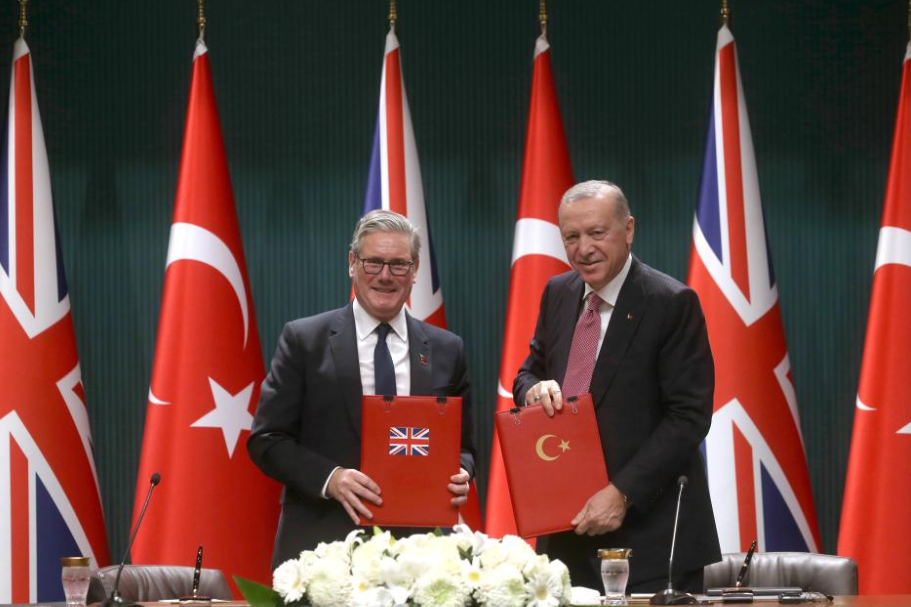New tourism model sought for Europeans


European cities are pushing for a new tourism model that weighs environmental, economic and social impacts equally by 2050, a message that resonated at last week's Global Tourism Forum, held in Brussels.
"In some cities like Venice and Barcelona, we see a sort of monoculturalization of economic activities in the city center that tend to maybe serve more marketing interests for tourists or cater to food habits of tourists rather than residents," said Eleonora Orso of Eurocities, a Brussels-based coalition of more than 200 major European cities.
The region attracted nearly 340 million international visitors in the first six months of 2025, a 4 percent increase year-on-year and 7 percent above 2019 levels, United Nations Tourism figures show.
The world's most-visited destinations cluster in Europe, which shows no sign of losing its status as the global leader in tourism, with France and Spain leading the way, Euronews reported. Spain is expected to eclipse France by 2034, with estimates suggesting it will reach 3.75 million annual visitors.
Yet city leaders are rethinking the growth-at-all-costs playbook. Patrick Bontinck, CEO of Visit Brussels, told attendees that cities need long-term tourism strategies focused on quality over volume. "Choose which you want to attract and decide your infrastructure for those people," he said.
Mass tourism has become a year-round crisis, with cities from Venice to Barcelona buckling under record visitor numbers.
Officials from Lisbon to Athens warn that the surge is overwhelming infrastructure, fueling pollution and eroding the quality of life for those who call these cities home.
"The product in tourism is the destination itself," said Sabine Wendt, CEO of visitBerlin, the city's official tourism organization.
High transport and accommodation costs are the biggest headwinds for tourism in 2025, according to the UN Tourism Confidence Index released in September.
Tourism inflation is forecast to ease to 6.8 percent this year from 8 percent in 2024, but remains well above the global inflation rate of 4.3 percent.
Industry observers say economic uncertainty and geopolitical tensions are weighing on travel demand, prompting calls for a shift toward more sustainable models.






























